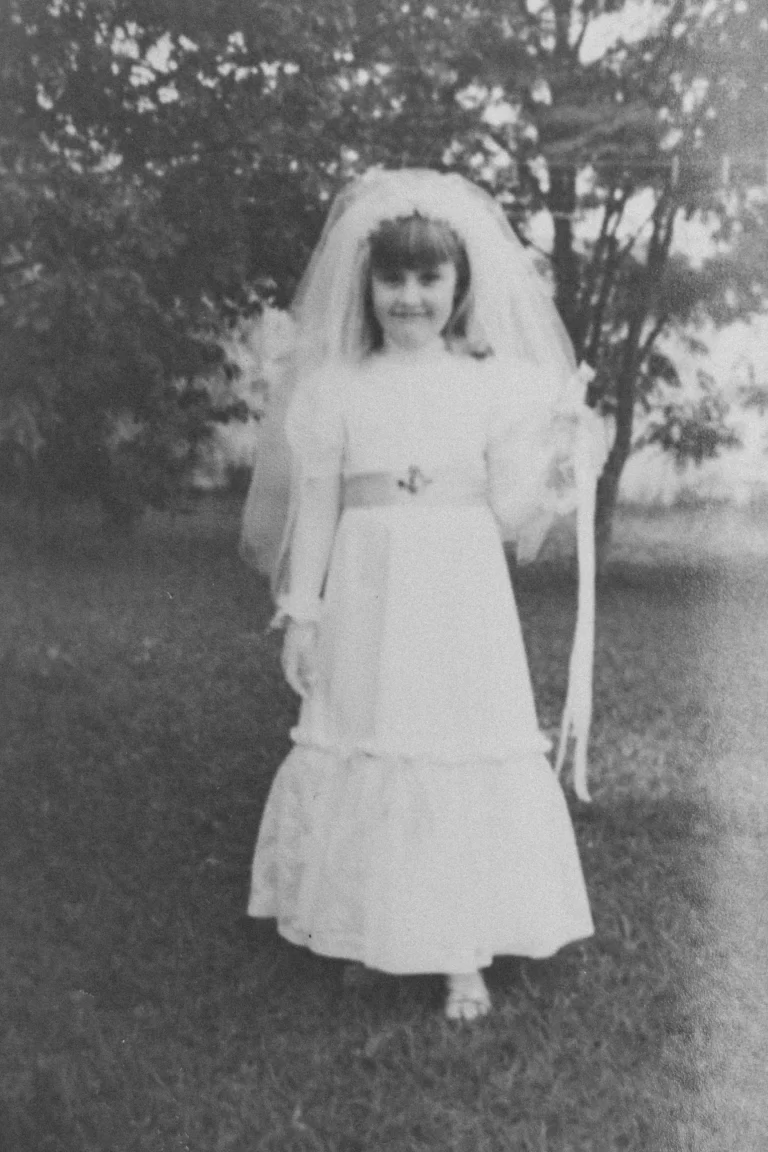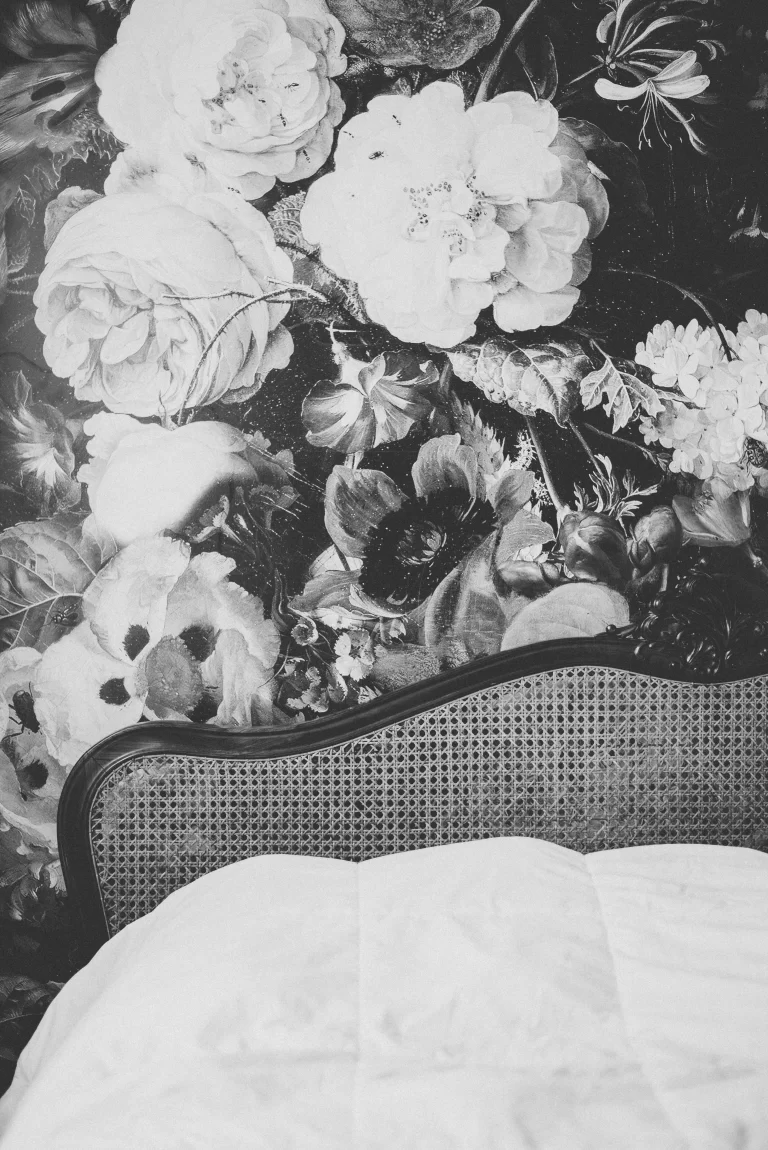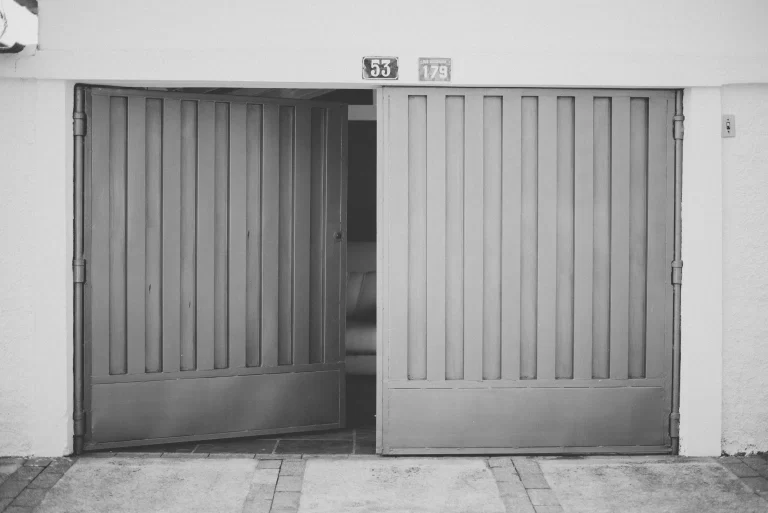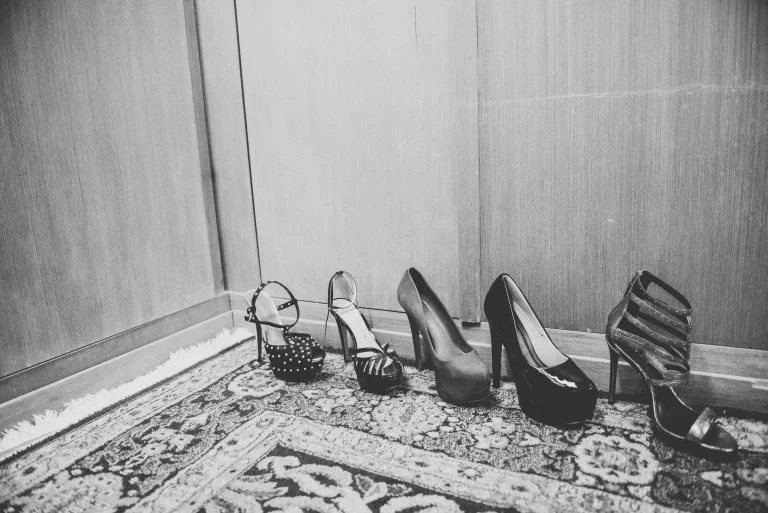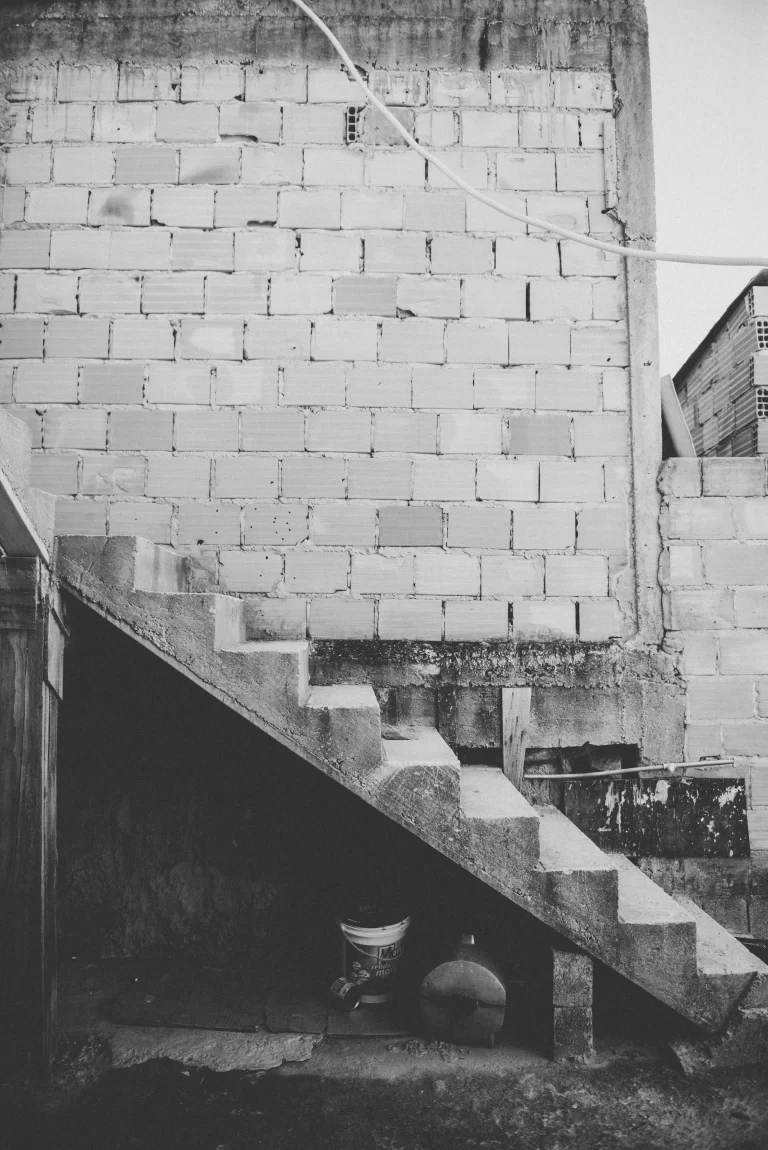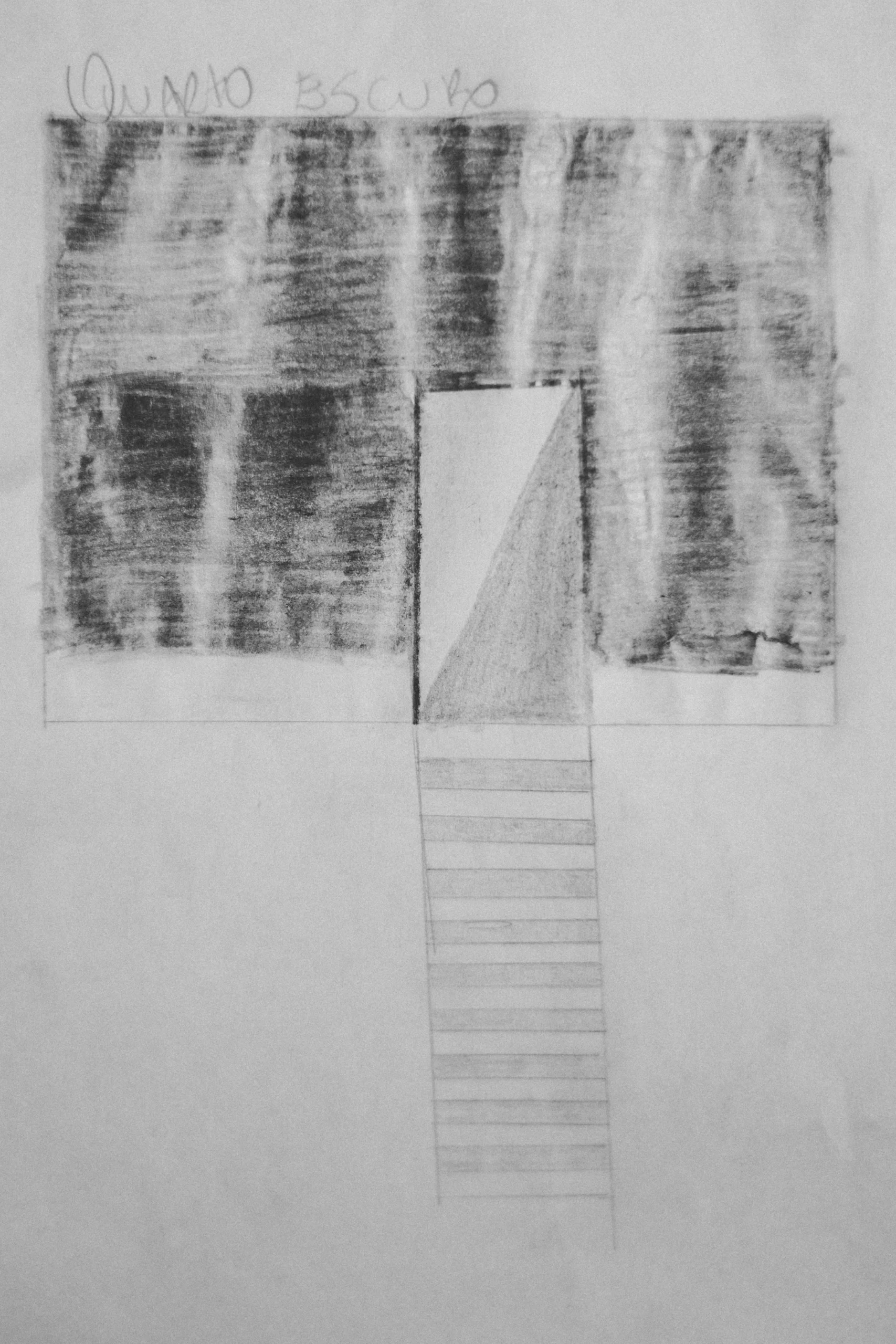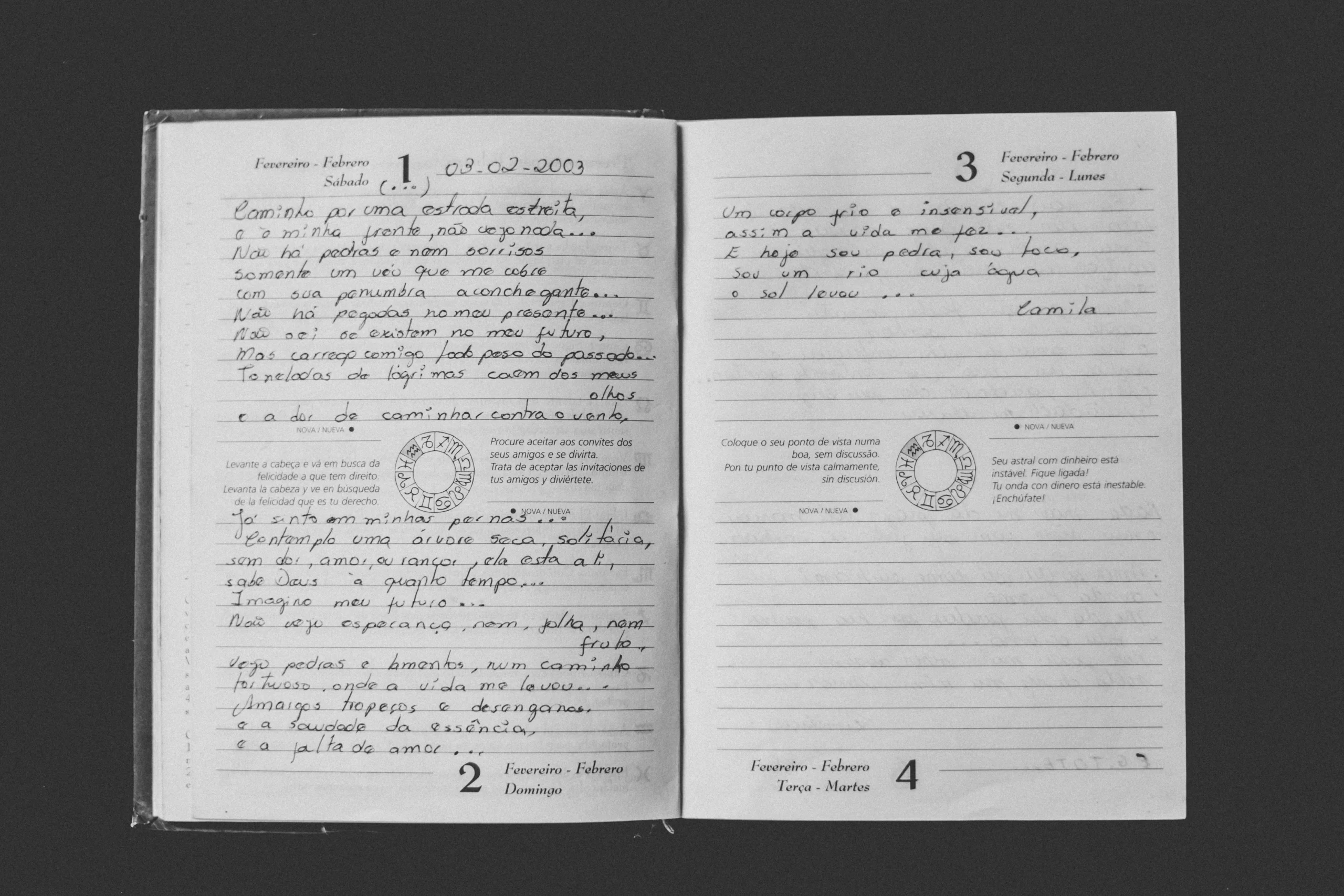A casa
é o corpo
Home is the body
Quem ele não gostava que
entrasse na casa de vocês?
Minha família.
Meus amigos.
Minha mãe.
Ninguém podia entrar.
Não costumávamos receber ninguém.
Éramos só eu e Deus.
Who is the person he did
not want at home?
My family.
My friends.
My mother.
No one could enter.
We were not used to having guests.
It was only God and I.
Este livro foi construído com seis mulheres que compartilharam como a violência doméstica invadiu suas vidas e de que forma afirmaram modos de se defender e se afastar do agressor. Cada uma traçou novas realidades para suas vidas, reconstruindo seus espaços, suas relações, sua maneira de existir.
As fotografias das casas onde elas habitam e os testemunhos que compõem este livro foram realizados entre julho de 2020 e março de 2021. Os textos são assinados com a inicial do nome e o ano de nascimento de cada uma das mulheres. Apenas uma delas ainda mora na casa onde viveu com seu agressor, não mais convivendo com ele.
Este trabalho é dedicado a elas.
This book was made with six women which shared how domestic violence assaulted her lives and how they stood up to defend themselves and to get away from their aggressors. Each one defined a new reality to her life, rebuilding her spaces, relationships and way of being.
The photographs of houses where they lived in and the testimonials which composite this book were gathered between 2020 July and 2021 March. The texts are signed by the initial letter of the name and the year of birth of each of the women. Only one of them still lives at the same place once shared with the aggressor, nowadays not living with him.
This work is dedicated to these women.
Todo mundo escuta, mas ninguém se intromete, ninguém faz nada.
Everyone hears, but no one interferes, no one does anything.
“Não teve um primeiro sinal, não teve ameaça. Quando eu comecei a desconfiar das traições e a cobrar isso dele, ele já começou a me agredir. O primeiro sinal já foi um tapa, um empurrão, um chute.
Depois disso, ficamos juntos por mais um ano, eu vivendo em cativeiro dentro de casa. Eu tentava voltar para a casa dos meus pais, e ele me buscava. Ele saía, ficava com outras mulheres; quando voltava para casa, começavam as agressões. Eu sentia angústia, queria me libertar daquilo, mas eu gostava dele. Eu ainda tinha um fio de esperança.
É difícil lembrar quando a coisa já caiu por terra e quando aquilo não pertence mais a você. Se eu fizesse um desenho, seria um lugar escuro.
Lembro-me de angústias, de noites em claro, de planejar matá-lo. Eu pensava coisas estapafúrdias mesmo, imaginava que faria uma loucura, porque não aguentava mais aquela situação. É muito difícil apanhar, mas é muito difícil se libertar. Eu estava perdida dentro de mim.”
“There was no sign, no threat. When I began to suspect of cheating and to talk about it, he began to hit me. Firstly, a slap, a pushing, a kick.
After that, we lived one year more together, like a kidnap at home. I tried to go to my parents’ home once more, but he went there to take me. He used to leave, to cheat; after coming back, more beatings occurred. I felt anguish and wanted to break free from all of that, but I still loved him. I still had a little hope.
It is hard to remember the exact moment when things come to an end and nothing belongs to you anymore. If I could draw, it would be a darkened place.
I do remember anguish, sleepless nights, thinking of killing him. I thought nonsense, imagining when I would do something insane, because I could not take the situation anymore. It is very hard to be beaten, and it is very difficult to free ourselves. I was lost within myself.”
A casa é o nosso espaço no mundo, é ali que os sonhos, devaneios e intimidades deveriam existir livremente. Todavia, quando esse lugar simboliza um aprisionamento, ficamos sem ter onde habitar e, portanto, sem existir.
Em conversas com minha avó materna, também participante dos registros deste livro, passei a ter consciência de que as consequências da violência doméstica são imensuráveis e atravessam gerações. Após ler sobre o aumento dos índices desse tipo de violência no Brasil e no mundo durante a pandemia de covid-19, a elaboração deste livro se tornou visceral.
É essencial que as vítimas sejam realmente ouvidas e protegidas pela sociedade e pelo Estado. É urgente que homens sejam educados numa cultura feminista; aqueles que tenham cometido crimes devem ser responsabilizados.
Nós, mulheres, seguiremos lutando pelo direito de sermos livres.
Luciana Castro
Home is our place at the world, it is where dreams, daydreams and intimacies should be free. But if that space turns into a symbol of imprisonment, we lose where to live and how to be.
Talking to my grandmother (my mother’s mother), also a participant of the registers of this book, I became aware that the consequences of domestic violence are countless and pass over generations. After reading about the increase of the levels of this type of violence in Brazil and in the whole world during the COVID-19 pandemic, the construction of this work became visceral. It is essential that society and the State truly hear and protect the victims.
It is urgent that men be educated by a feminist culture; those who have committed crimes must be held responsible.
We, women, will keep fighting for the right to be free.
Luciana Castro
A Prefeitura de Belo Horizonte,
por meio da Secretaria Municipal de Cultura, apresenta:
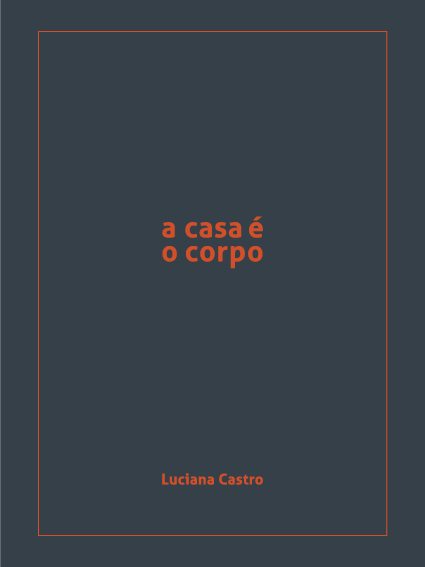
Acesse abaixo a versão digital e sonora do livro
(Não recomendado para menores de 16 anos)
Click here to access the digital / audiobook version.
Clique aqui para compartilhar sua opinião ou novos testemunhos
Projeto número 0292/2021

